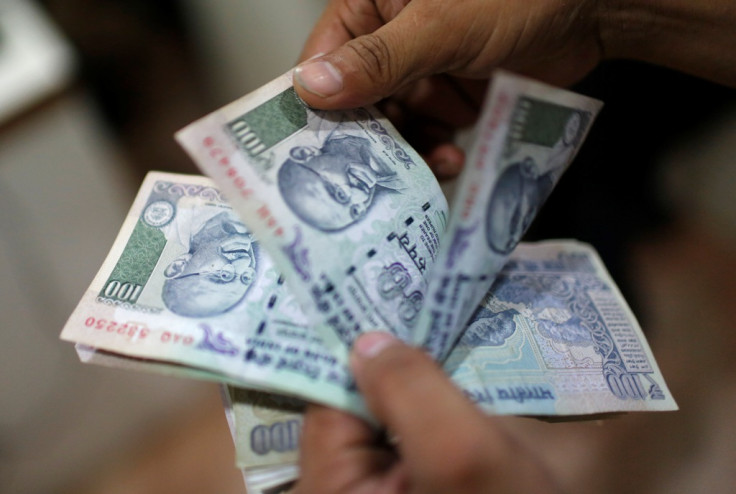India Must Avoid Fiscal Slippage: World Bank's Onno Ruhl

Inflation remains stubbornly high in India and New Delhi must steer clear of fiscal slippage as it seeks to boost Asia's third-largest economy, according to the World Bank's India director Onno Ruhl.
Ruhl also said rolling out the proposed nation-wide goods and services tax (GST) could be a game changer as it will simplify India's complex set of taxes and levies and prop up the nation's growth trajectory.
Ruhl's remarks came after Finance Minister Arun Jaitley warned of harsh measures in his first budget, to be presented on 10 July, saying "mindless populism" needs to be curbed as Prime Minister Narendra Modi's regime aims to revive growth in India, suffering its worst slowdown in over 25 years.
"It's really important to underline that it [inflation] is a long-term threat to the economy," Ruhl told Reuters.
"I wouldn't advise higher deficits ... it is very possible to stimulate growth without letting go of the deficit."
"[GST is] a big-ticket item, it will unify India as a market. It will also underpin revenues," he said, adding that a GST could even help India make up for the impact of rising oil import costs or weak monsoon rains.
Modi's Woes
Modi faces an uphill task of reviving the economy with wholesale price inflation hovering at a five-month high and retail inflation hovering above 8%.
Monsoon rainfall till 2 July has been 43% less when compared to the 50-year average. The annual monsoon accounts for 70% of India's rainfall and irrigates more than half its farmland.
The World Bank in June said the Indian economy will likely expand 5.5% in the financial year 2014-15 and 6.3% in the 2015-16.
The preceding government's interim budget, in February 2014, set a deficit target of 4.1% of GDP for the fiscal year 2014-15. The gap has already hit nearly half of the target at $40bn (£23bn, €29bn).
© Copyright IBTimes 2025. All rights reserved.






















